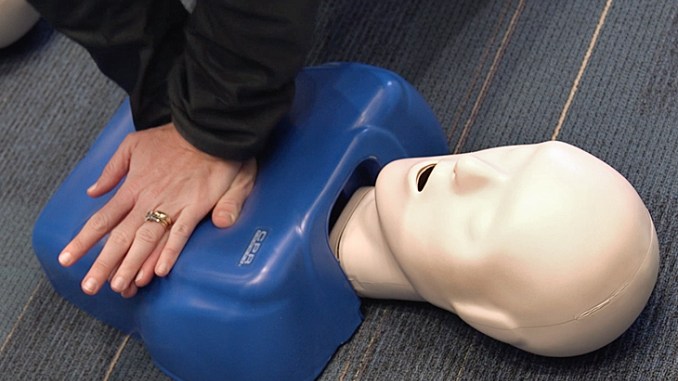It is common knowledge that patients suffering heart attack should get due medical assistance within an hour.
This helps prevent damage to other organs like brain, and subsequent death. "The concept of golden hour is the vital time period by which a patient suffering from traumatic injury or medical emergency should be receiving proper medical assistance," says Vanita Arora, director & head of Cardiac Electrophysiology & Interventional Cardiologist, Max Super Specialty Hospital, Saket, New Delhi.
Cardiac arrest calls for quick action. It occurs without warning, like a motor coming to a grinding halt. ''In the case of cardiac arrest, which can occur suddenly, the heart stops functioning due to problems in the electrical system of the heart, disrupting the pumping action and the blood flow to brain and other parts of the body stops,'' says Arora. As a result, the supply of oxygen to the tissues gets obstructed.
Lack of oxygen causes irreversible damage to organs like brain. ''Within seconds, a person drops down unconscious and has no pulse, and within minutes, he may die,'' says Arora.
When someone has a cardiac arrest, is there anything a bystander can do apart from calling for an ambulance? Perform Cardiopulmonary Resuscitation (CPR), which involves pressing hard on the chest with hands, with the speed of 120 compressions per minute. ''This should be performed till the time medical help arrives. Any form of CPR is better than NO CPR,'' says Arora. ''Also, a person can be revived if there’s an automated external defibrillator (AED) available and is used timely,'' she says.


